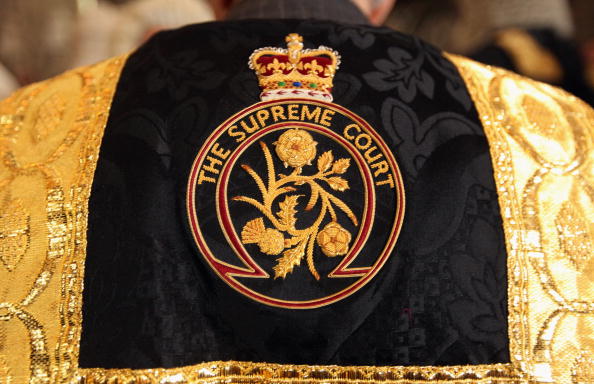This may be the ideal time for a debate on a written constitution

Recent events in parliament have led many people to ask whether this country needs a proper – or at least written – constitution. This suggests that we do not possess either of these things already.
This is to some degree misguided, as significant parts of our constitution are already written and enshrined in legislation, all of which can be referenced and relied upon by any citizen. Constitutional principles, however, are less clear to the non-lawyer.
For example, how do the various constitutional principles interact with each other? The recent Supreme Court judgment saw the interaction of different constitutional principles – in particular the matter of parliamentary sovereignty – at play.
These matters can be distilled by the most senior judges in the land, but it is clear that an uncodified constitution can be less easily debated and considered by the non-expert (to use what is now a very loaded term).
So how do we determine how constitutional principles interact with each other when they appear to be in conflict, and how should principles such as parliamentary sovereignty, the separation of powers, and the rule of law work in practice?
This is just one of the challenging questions which Brexit has unearthed concerning our constitution – on issues that were never previously considered.
There have been many others. What is the constitutional status of a referendum? What are the circumstances in which the Prime Minister may prorogue parliament, and for how long? Can the court adjudicate on the exercise of a prerogative power? What even is a prerogative power? The list goes on.
The nineteenth-century journalist, historian and barrister Sir Sidney Low described our constitution as “a system of tacit understandings – but these understandings themselves are not always understood”. Two centuries later, it appears that this description still rings true.
How many people (lawyers aside) can explain what a prerogative power actually is? How many members of the public can identify all the sources of our constitution?
As the system which determines the framework of government and sets out the relationship between citizen and state, it is curious that, in a developed democracy such as ours, fundamental issues concerning our constitution remain hidden and opaque to a large number of citizens.
Many would struggle to even name the sources of our unwritten and unconsolidated constitution. The constitutional principles which underpin its various parts remain lesser known still, and are the subject of debate among academics and, more recently, legal argument in the courts.
Against this backdrop, it is hardly surprising that calls are growing for a written constitution which everyone can read and understand. Formed of various sources, not all of which can be found to be enumerated in a single document, the flexibility which has defined our uncodified constitution up until this point may now present its greatest challenge.
A constitution should put certain fundamental issues beyond the agenda of day-to-day politics. Codifying at least parts of ours would provide greater clarity for citizens as they participate in the democratic process.
The danger presented by fully codified constitutions is that they can often very quickly become fossilised, reflecting social norms of a by-gone era. The American constitution has had to be amended 27 times.
However, as we prepare to leave the European Union with the possible repeal of existing legislation arising from our membership, now may be the opportune and necessary moment to determine the rights we wish to see protected as fundamental.
The codification of certain procedural and substantive elements of our constitution may now require our full and proper consideration.
Main image: Getty